

Matt Campbell
2025 Porsche 911 Carrera T review
5 Days Ago

Senior Contributor
A China-made electric delivery van with 300km of range should hit Australian shores this year, priced at just under $35,000 before on-road costs and offered with vertically integrated recharging options for fleet owners.
The vehicle is made by the Warren Buffet-backed giant BYD, and called the T3.
The T3 was actually launched in its home market at the 2015 Shanghai Auto Show but has been updated with BYD’s new ‘Blade’ battery that uses no heavy metals and a non-toxic electrolyte, as detailed here.
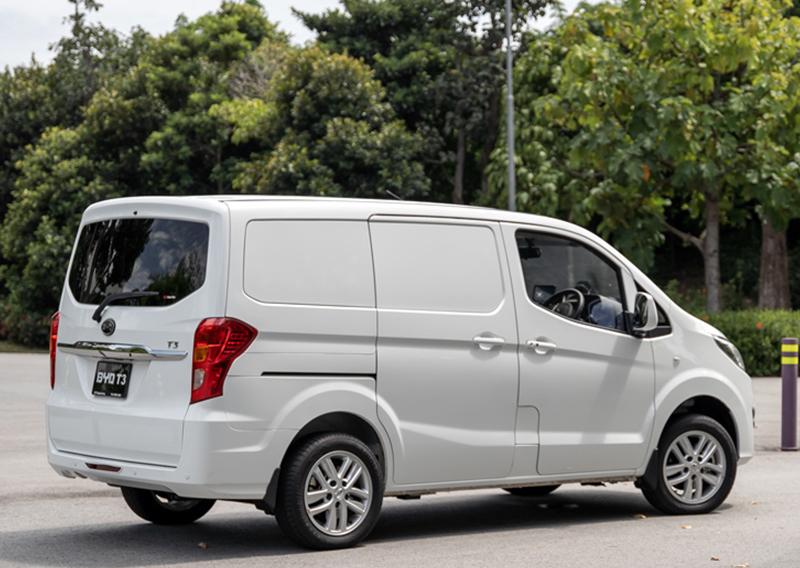
The claimed $35,000 starting price would put the T3 in line with the top-selling petrol-powered Volkswagen Caddy. To give further context, the only pure-electric van currently on sale in Australia is the Renault Kangoo Z.E at $50,290 before on-roads, with 200km range.
The last-mile logistics van will be imported by a company called Nexport, BYD’s official distributor for this market, and sold online through its EVDirect.com.au site.
Nexport is a part of the TrueGreen Group investment fund and supplies electric buses to the NSW government.
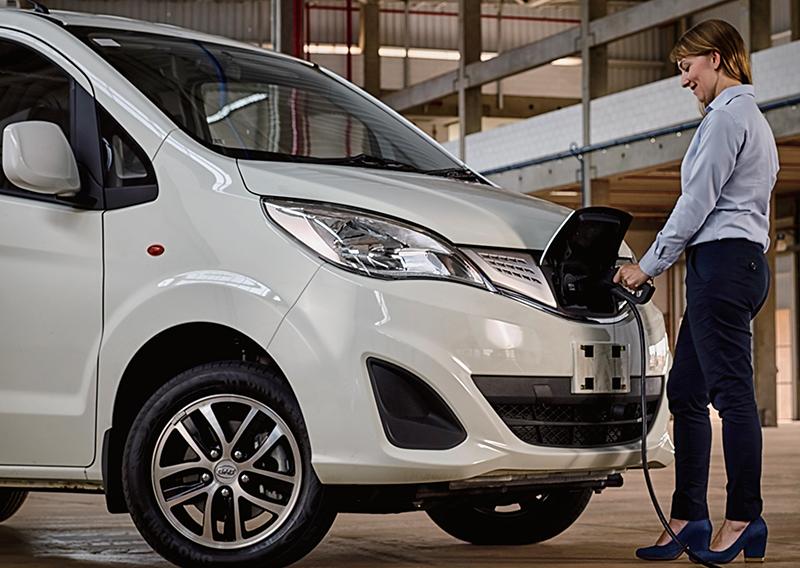
TrueGreen’s Mobility division today received a $20 million initial injection from Australia’s St Baker Energy Investment Fund, which lists in its portfolio companies such as EV battery developer Novonix, public EV charge provider Evie, and Australia’s own global DC charger ‘unicorn’ Tritium – which is about to hit the Nasdaq and has a $1.6b valuation.
As part of the deal the St Baker Energy Fund CEO Rodger Whitby will take a seat on the TrueGreen board.
This affiliation with Evie and Tritium opens the door to offering BYD T3 sole traders and fleet operators tailored charging solutions at their bases of operation, and access to a growing public charger network.
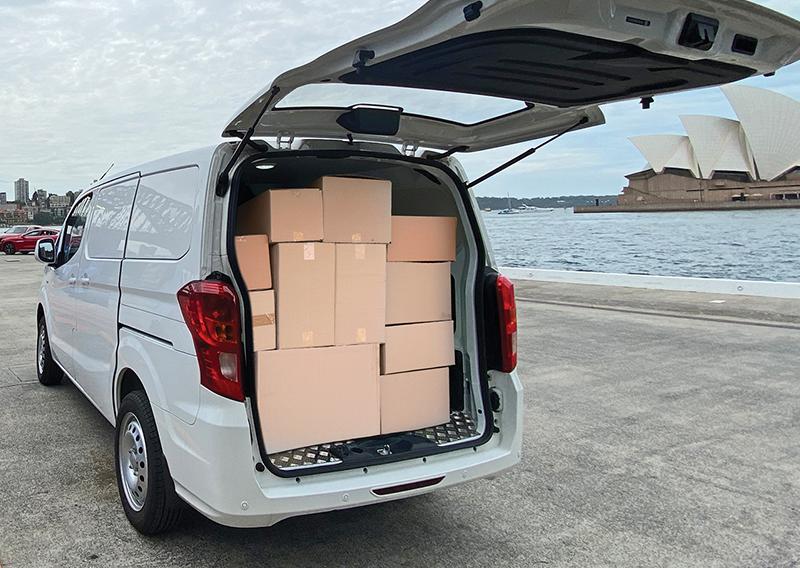
“We will be delivering around September and we are starting to take orders as of next month,” TrueGreen Group Mobility CEO Luke Todd told CarExpert today, calling the $35k MSRP van part of “true inflection point for EVs to be mainstream in Australia”.
“There is significant pent-up demand, whether it be from small businesses right through to large commercial entities, that want to create a cleaner outcome for their delivery services… We are targeting e-commerce providers.
“We’re not only releasing vehicles at price parity [with ICE vans], but it’s coming with packages that include Evie networks and Tritium charging, so whether you want one vehicle or 1000 vehicles we will be able to offer with our partners a charging solution tailored for your business.”
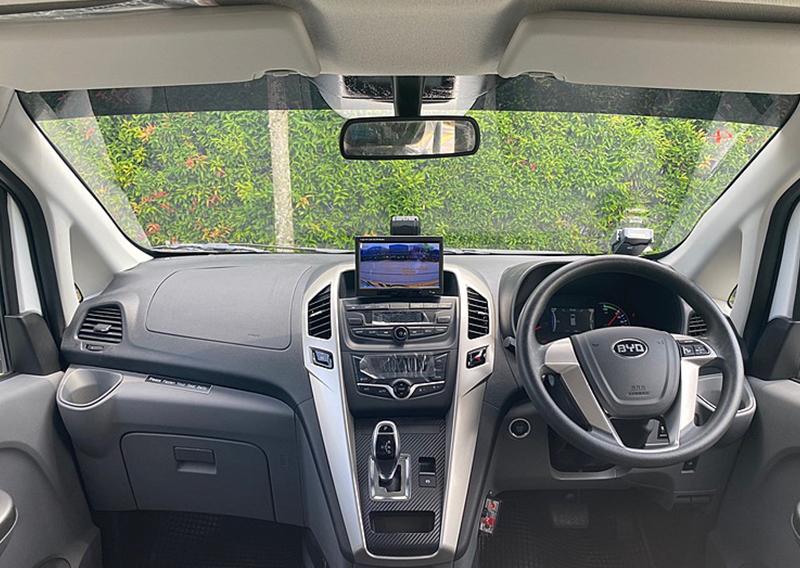
The BYD T3 offers a claimed NEDC driving range of 300km between charges, though this figure will be a bit lower on the newer WLTP test cycle.
It uses a 50.3kWh ‘Blade’ battery pack to drive a 70kW and 180Nm electric motor. Charging is done through a 6.6kW onboard AC charger with a claimed recharge time of 8 hours, or via a 40kW-capable DC charger with a CCS connector that’ll charge the van up in a claimed 1.3 hours.
The roughly Volkswagen Caddy-sized BYD T3 measures 4460mm long, 1720mm wide and 1875mm tall, and sits on a 2725mm wheelbase. It weighs 1610kg in two-seater guise and based on its claimed GVM should offer around 800kg of payload including occupants, and stow up to 3.8 cubic-metres of stuff.
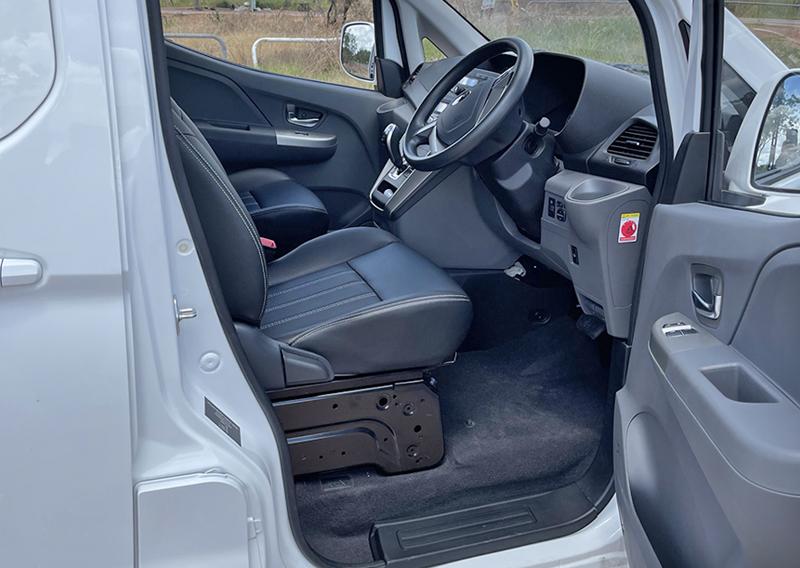
Top speed is a claimed 100km/h, grade-ability is 20 per cent, and its turning circle 11.5 metres. It uses MacPherson strut front suspension and rear leaf springs, and disc brakes at each end augmented by regenerative braking.
The BYD T3 EV van has met all ADR requirements, but we understand there’s not yet an ANCAP crash test score – a five-star result in which is required by some large fleet operators as part of their OH&S protocols.
Mr Todd said he was comfortable with the T3’s safety credentials, citing the Blade battery that’s specifically designed to head-off thermal runaway and, by extension, battery fires. Singapore-market T3s come only with dual-front airbags but the Australian spec remains to be seen.
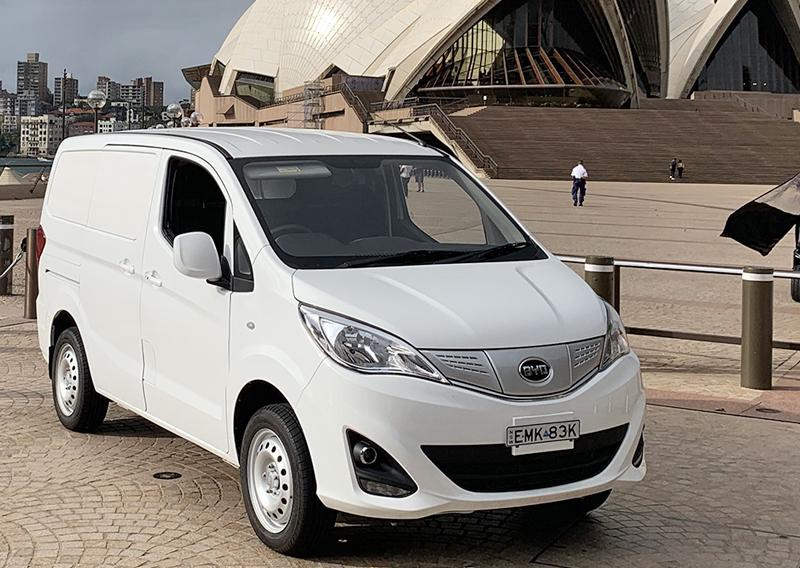
Nexport claims T3 customers can benefit from savings of up to $4700 per year, assuming 160km per day for six days each week, using electricity rather than petrol or diesel. It also claims the T3 will cut average maintenance costs by a further $2800 per year.
The BYD T3 as sold on EVDirect.com.au through TrueGreen Mobility’s Nexport subsidiary (convoluted, hey?) is but one part of the company’s hugely ambitious Australian rollout.
It will also launch the BYD EA1 hatch here by year’s end, again with a claimed $35,000 starting price and near-500km NEDC range. A few weeks ago the company signed a deal with a vehicle subscription provider used by Uber and DiDi drivers.
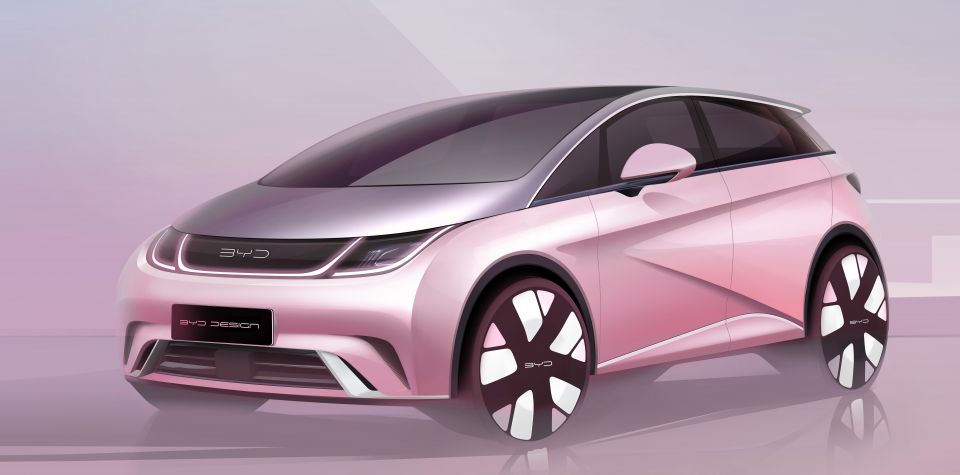
The fleet plan between BYD/Nexport and Splend is being billed as Australia’s largest singular electric vehicle order to date, comprising a grand total of 3000 cars for 2022/23 – though this figure was mentioned in a press release that seems to include cars destined for both this market and the UK.
The extant MOU plans for BYD electric car deliveries to Splend’s Australia and UK operations to commence from early 2022, and will take two years to complete.
A report in the Australian Financial Review claimed the Australian portion was 2000 units. Given total EV sales in Australia were somewhere around 5000 units last year, that’s potentially seismic.
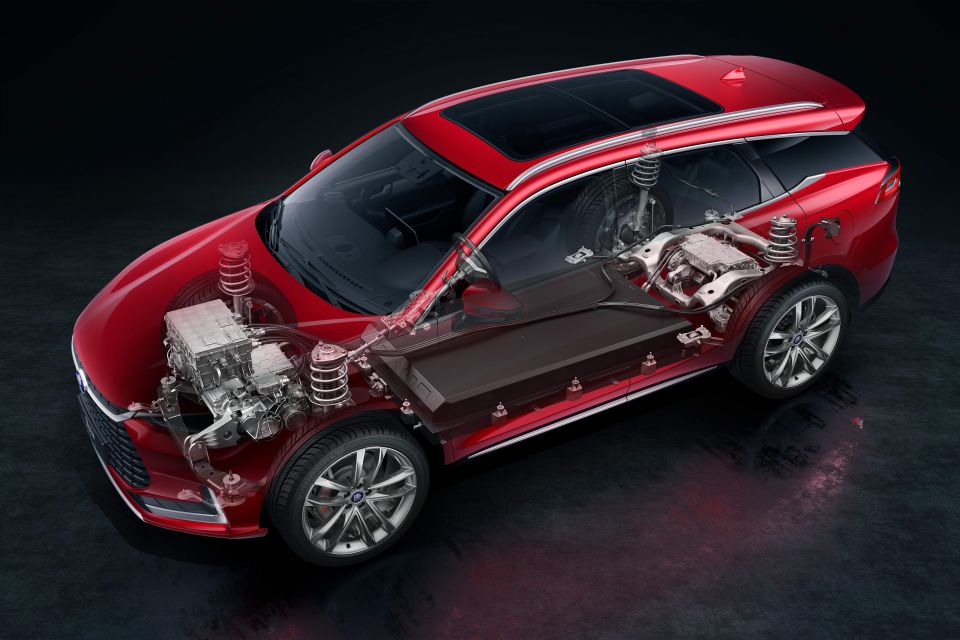
In summary, TrueGreen Mobility CEO Luke Todd said the company wants to give the Australian EV market a boost, given market share for battery vehicles sits below 1.0 per cent. Moreover, it wants to do so without government incentives.
“We believe that EV take-up needs to be driven by the market. If you don’t have a vehicle that people want to buy, can afford to buy, which will do what they need to do, you shouldn’t be asking for government subsidies. It shouldn’t be up to the government to tell people what they should buy,” he opined.
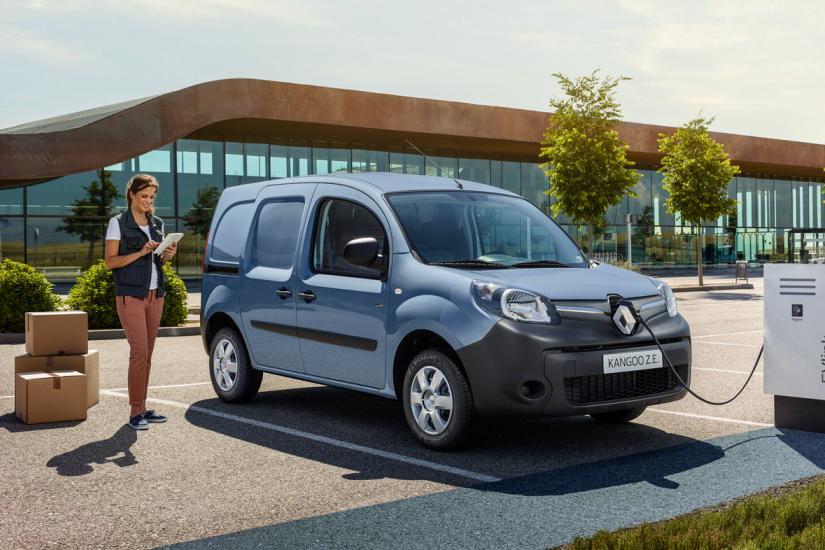
BYD’s expansion into Australia through a partner distributor follows on from fellow Chinese company MG’s launch of the ZS electric SUV, which is at present the market’s cheapest option at $43,990 drive-away.
Read our comparison between the ZS EV and Nissan Leaf here.
MORE: Q&A with Jane Hunter, Tritium CEO MORE: BYD’s Australian importer takes huge electric car order from Uber partner
Where expert car reviews meet expert car buying – CarExpert gives you trusted advice, personalised service and real savings on your next new car.


Matt Campbell
5 Days Ago


James Wong
4 Days Ago


Max Davies
3 Days Ago
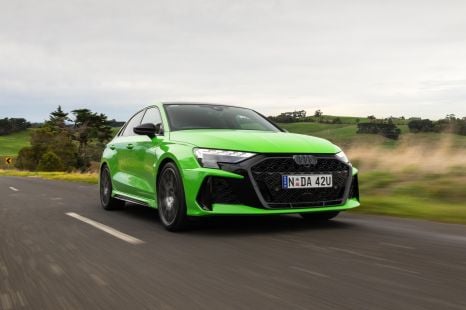

Josh Nevett
2 Days Ago
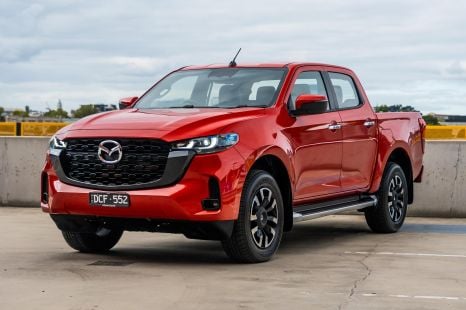

Josh Nevett
1 Day Ago
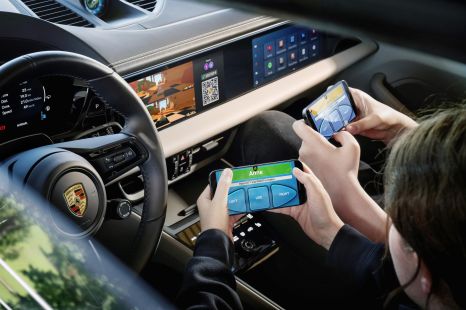

James Wong
18 Hours Ago